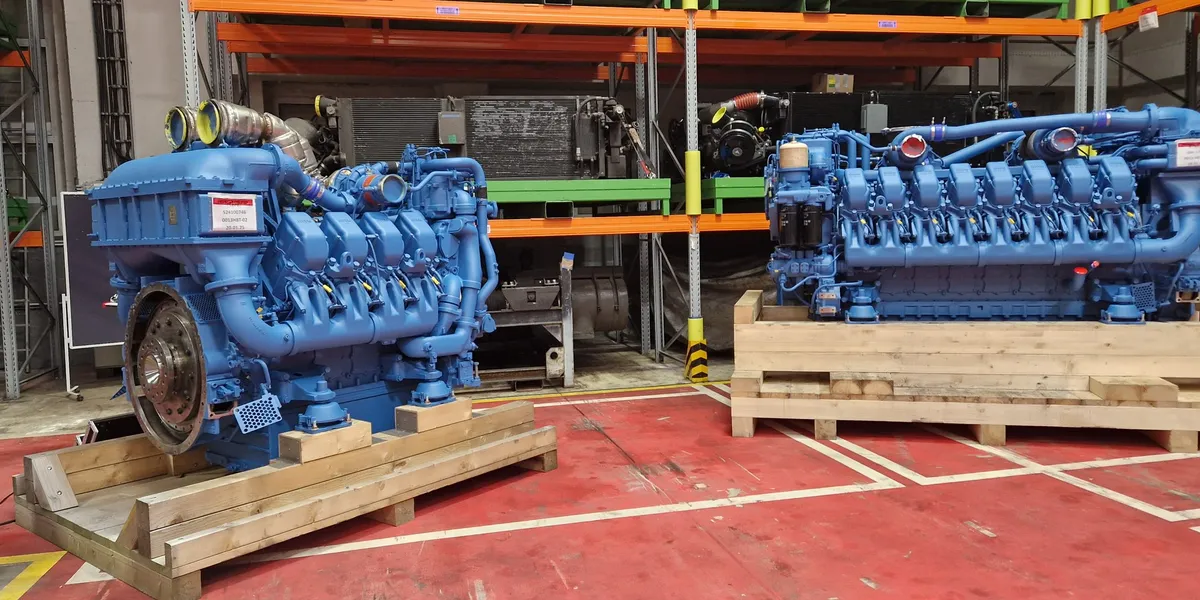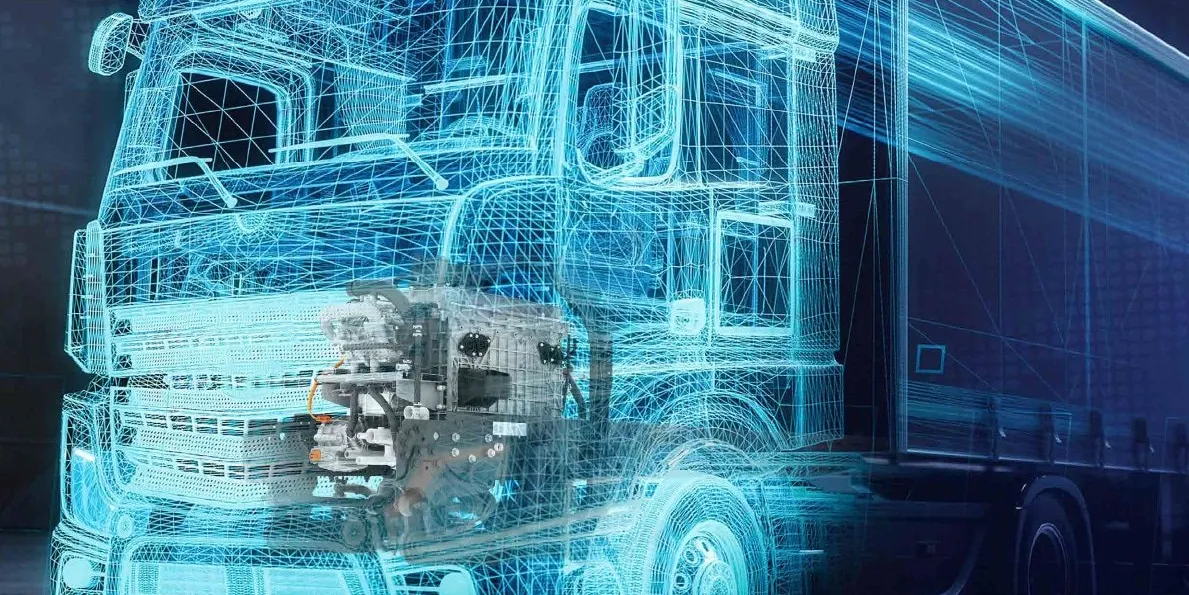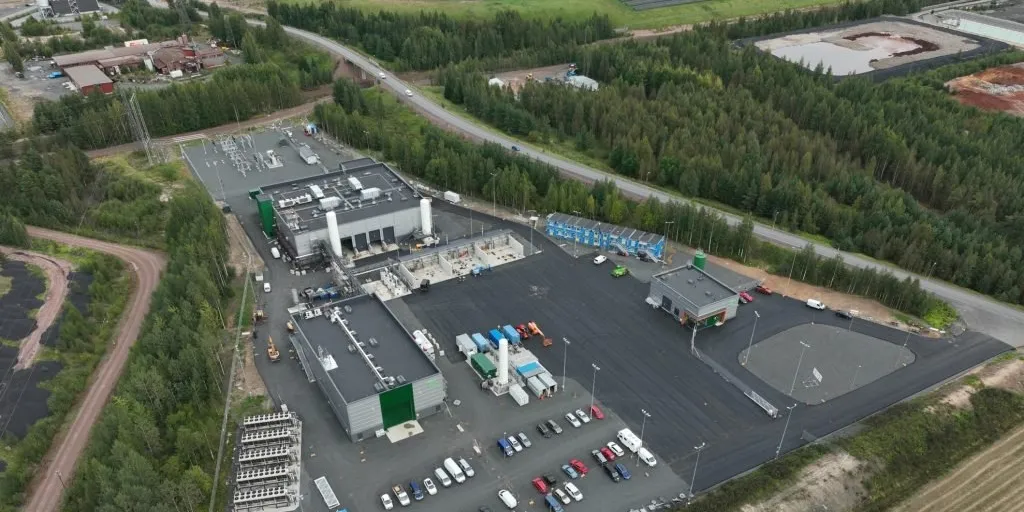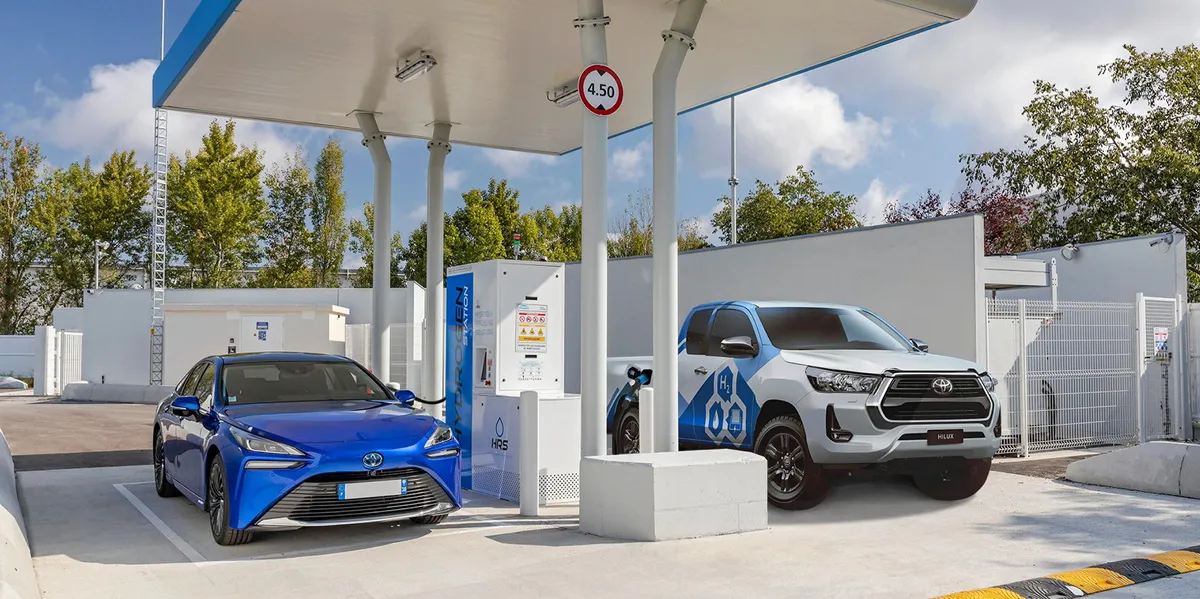
Germany’s state-owned rail company Deutsche Bahn has announced that it will build a test centre together with research institute Fraunhofer IFAM to develop and demonstrate the conversion of trains with diesel engines to run on hydrogen at its depot in Bremen.
Deutsche Bahn, which is the world’s largest railway operator by size of network, already maintains and overhauls diesel engines and drivetrains at the Bremen depot, for which it has already signed agreements with the city’s government to ensure a future at the site even as railways are increasingly decarbonised.
While the rail company is primarily focusing on electrification to decarbonise its networks — with 68% running on renewable electricity at the end of 2023 — it is also considering the use of H2 to continue operations of existing vehicles.
“Forward-looking projects like the one here in Bremen are helping us and the rail sector to power today's engines with future fuels, such as hydrogen,” said Daniela Gerd tom Markotten, Deutsche Bahn’s board member for digitalisation and technology.
“This means that we don’t have to put functional trains and locomotives on the siding prematurely. This conserves resources and makes economic sense.”
However, internal combustion engines that burn H2 are generally much less efficient than fuel cells, increasing the total cost of operation due to extra consumption of an already-expensive fuel.
Multiple regional German railways have also experienced failures with operating fuel cell trains, whether due to technical problems with the new vehicles or, in the cases of the RB33 and RB27 services, a lack of hydrogen fuel supply.
The state of Baden-Württemberg had back in 2022 concluded that converting its diesel-operated lines to hydrogen would be more expensive than direct electrification or batteries in the long run.


